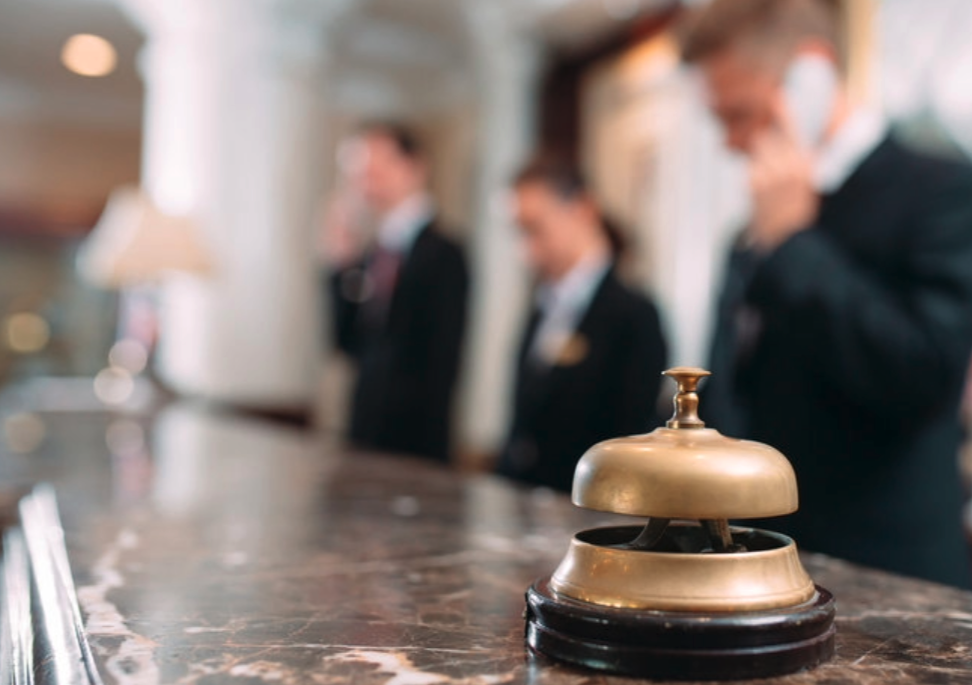The hospitality industry is fast-paced, high-pressure, and unforgiving. On the surface, it’s all about service with a smile—plates delivered hot, drinks poured cold, and guests leaving happy. But behind the scenes, a darker story unfolds. Addiction, burnout, and untreated mental health challenges have become alarmingly common among hospitality workers. And yet, few are talking about it.
This is the unspoken truth of the hospitality grind. One that deserves to be heard, understood, and addressed.
The Culture of Hustle and High Stress
Long hours. Late nights. Double shifts. Grueling physical demands. The hustle culture in hospitality is celebrated as a badge of honor. But beneath that grind is an ecosystem that often devalues rest, boundaries, and well-being.
Kitchen staff work in high-heat, high-stress environments where mistakes can cost jobs. Servers juggle a dozen tasks at once while staying upbeat for customers. Bartenders are therapists, entertainers, and short-order psychologists—sometimes all within a single shift.
Add financial instability to the mix—low hourly wages, tip uncertainty, lack of benefits—and it becomes clear that the environment is a pressure cooker for emotional fatigue.
When the Shift Ends, the Party Begins
In many kitchens, bars, and restaurants, the post-shift ritual is a drink or two to wind down. What starts as a release quickly becomes routine. One drink turns into five. Alcohol becomes a coping mechanism, a social glue, and eventually a dependency.
It’s not just alcohol. Cocaine, Adderall, and other stimulants are often used to push through long shifts or recover from exhaustion. Cannabis and opioids become self-prescribed solutions for pain management, stress relief, and sleep problems.
The lines between work and personal life blur. And the substances that once made it easier to show up for the job begin to make it harder to show up for life.
Why Mental Health Takes a Backseat
Hospitality workers are expected to prioritize the needs of guests above all else. That ethos often extends to coworkers, managers, and the job itself. The result? Personal needs—including mental health—are pushed to the bottom of the list.
Many workers don’t have access to health insurance or affordable therapy. And in an industry where showing weakness is frowned upon, mental health challenges go unspoken. Anxiety is dismissed as just part of the job. Depression is hidden behind charm and small talk. Panic attacks are worked through with a double espresso and a forced smile.
Addiction and mental health issues rarely exist in isolation. They feed off each other in cycles that are hard to break—especially when you’re constantly running on empty.
Real Talk: Personal Stories from the Industry
Ask anyone who has spent more than a few years in the hospitality world, and you’ll hear stories that echo the same themes:
- “I started using cocaine to get through doubles. Then I needed it just to get out of bed.”
- “I drank after work to relax, but eventually I was drinking before my shift, too.”
- “I couldn’t afford therapy, so I numbed myself however I could.”
These are not isolated experiences. They’re part of a larger pattern. The industry often attracts people who are already struggling with trauma, identity, or stability—and then places them in an environment that can exacerbate those wounds.
Breaking the Silence, Changing the System
The good news? The conversation is finally starting to shift. More restaurants and bars are acknowledging the toll the work takes. Some are offering mental health resources, conducting sober events, and actively supporting staff in recovery.
But systemic change is slow, and often comes down to individual choices: a chef who decides to speak openly about sobriety, a manager who makes therapy accessible, a coworker who checks in rather than looks away.
Change also happens when we create space for stories. When we say, “You’re not weak for struggling.” When we normalize asking for help. When we stop glamorizing the suffering that so many endure to keep the hospitality machine running.
What Needs to Change
If we want to see a healthier, more sustainable hospitality industry, we need more than platitudes. We need real commitments. Here’s what that can look like:
- Mental Health Days: Normalizing time off for emotional wellness, not just physical illness.
- Substance-Free Spaces: Creating alternatives to the bar culture that dominates after-shift life.
- Peer Support: Implementing recovery and wellness programs led by those with lived experience.
- Access to Resources: Ensuring staff at all levels have access to affordable counseling, addiction support, and education.
- Shifting Leadership Mindsets: Managers need training in trauma-informed practices and stress management—not just scheduling and inventory control.
For Those Still in It
If you’re reading this and you’re in the thick of it, just know: you’re not alone. You’re not broken. And you don’t have to keep numbing your way through it.
Start with small acts of self-compassion. Reach out to someone you trust. Explore resources in your area. Consider harm reduction. Make a plan, not a promise. Recovery is not one-size-fits-all, but it does start with honesty—especially with yourself.
Conclusion: A New Kind of Hospitality
Hospitality should be about more than serving others. It should include serving ourselves, too—with dignity, compassion, and care. That means building an industry where mental health is respected, not ignored. Where support is available. Where addiction is treated as a health issue, not a personal failure.
It starts by telling the truth. The unspoken truth. And refusing to let it stay in the shadows any longer.
If you or someone you know in the hospitality industry is struggling, reach out to a local support network or organization like Ben’s Friends, the Restaurant Workers’ Community Foundation, or the Substance Abuse and Mental Health Services Administration (SAMHSA). Help is out there. And you deserve it.
